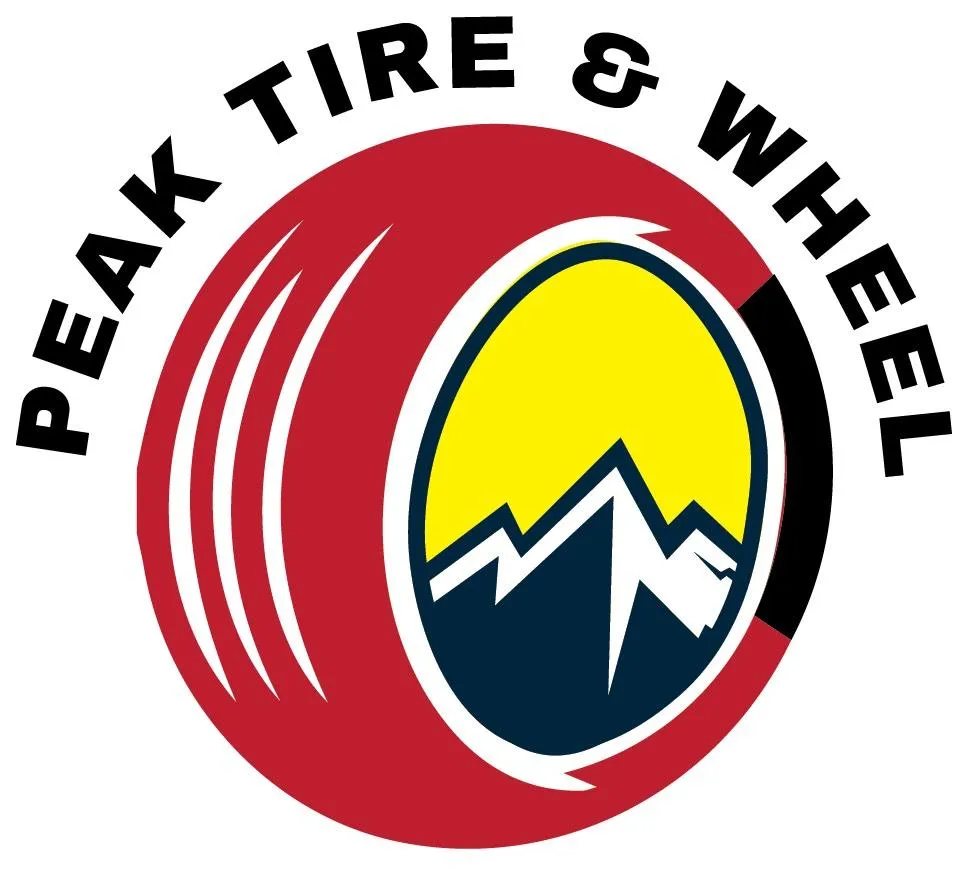Contact Us
Contact Us Today
Reach out to our friendly mobile tire ship with any inquiries, comments, or to schedule an appointment. We're here to assist you.
Contact Us
Frequently Asked Questions
Answers To Frequently Asked Questions
How often should I replace my tires?
You should generally consider changing your tires every 6 years, regardless of tread wear, due to the effects of aging. However, if you notice signs of wear such as cracking, bulging, or uneven wear, or if your tires are older than 6 years, it's a good idea to have them inspected by a professional and potentially replaced. Additionally, regular inspections for tire pressure, tread wear, and damage can help you determine if your tires need to be changed sooner.
Do you offer warranties on tire purchases?
Many tire manufacturers offer warranties on their tires, but the specifics can vary. Typically, warranties cover defects in materials and workmanship and may also include a mileage guarantee. Here are some common types of tire warranties:
1.Manufacturer's Warranty: This typically covers defects in materials and workmanship for a certain period or mileage, such as a 5-year/50,000-mile warranty.
2.Treadwear Warranty: Some tires come with a treadwear warranty that guarantees a certain mileage before the tread wears out. If the tread wears out prematurely, the manufacturer may offer a prorated credit towards a new tire.
3.Road Hazard Warranty: This type of warranty covers damage to the tire caused by road hazards such as nails, potholes, or debris. It may include repairs or replacements.
4.Workmanship and Materials Warranty: This covers defects in the tire's construction or materials and is usually offered for a specific period after the purchase date.
How can I tell if my tires need balancing?
You may need to balance your tires if you experience any of the following:
Vibration: If you feel a vibration in the steering wheel, seat, or floorboard at certain speeds, it could be a sign that your tires are out of balance.
Uneven Wear: Uneven wear on the tires, such as cupping or scalloping, can indicate an imbalance.
Steering Issues: If your vehicle pulls to one side, it could be due to an imbalance in the tires.
Suspension Wear: An unbalanced tire can lead to premature wear on suspension components.
Recent Tire Changes: Whenever you get new tires or have tires repaired, it's a good idea to have them balanced to ensure proper performance and longevity.
If you notice any of these signs, it's a good idea to have your tires inspected and balanced by a professional technician. Balancing your tires can help ensure a smoother ride, improve tire wear, and enhance overall vehicle performance.
Do you provide tire services for Fleet vehicles?
Peak Tire provides reputable tire service that specializes in fleet maintenance. Peak Tire offers a range of services tailored to fleets, including:
1. Tire Inspections: Regular inspections to check for wear, damage, and proper inflation.
2. Tire Rotations: Periodic rotations to ensure even wear and extend tire life.
3. Tire Replacements: Timely replacements when tires are worn out or damaged beyond repair.
4. Tire Pressure Monitoring: Monitoring tire pressure to maintain optimal performance and fuel efficiency.
5. Emergency Roadside Assistance: Quick response for tire-related issues to minimize downtime.
When choosing a fleet service provider for tires, consider Peak Tire is experienced, reputable, providing a range of services. Regular maintenance and timely replacements can help you maximize the lifespan of your tires and ensure the safety of your fleet.
